Acknowledgments
The Nashville Agrarians and their intellectual descendants were men of diverse talents, but they all shared a commitment to teaching. In many regards, their dedication to the generations of students whom they taught comprised the essence of their traditionalism. The farmer and poet Wendell Berry, in a passage which captures the nature of this devotion, reminds us that we clasp the hands of those who go before us, and the hands of those who come after us. Over the course of what is now my long education, I have, through the efforts of numerous individuals, been fortunate both to witness and gradually become a small part of this great chain of humane learning.
Several people lent their professional expertise and editorial insights to this study. Early on, my dissertation committee membersDavid Colburn, Robert Hatch, Richard Brantley, and Brian Wardfurnished a needed balance of criticism and encouragement. Over numerous lunches, Sam Hill generously and eloquently asked needed questions and provided invaluable insights. At various stages, Don Critchlow, Andrew Roesell, Jeremy Beer, and Mike Bowen provided constructive criticism of the manuscript. I am also grateful to Don Livingston, Richard Gamble, Howard Louthan, and Richard Horner for their encouragement and advice.
Numerous others inspired and have followed the progress of this project. While I was an undergraduate at Mercer University, Mike Cass, Joe Hendricks, and Wayne Mixon introduced me both to the history of the South and to the world of ideas. Charles Wilson and Ben Fisher shepherded me as I sought to reconcile these interests in the Southern Studies masters program at Ole Miss. I owe eternal gratitude to my dissertation advisorBertram Wyatt-Brownwho, in addition to demonstrating how to profitably approach southern intellectual history, furnished the consummate example of the gentleman scholar. I could not have asked for more in a mentor.
I would like to thank the archivists and librarians at the Firestone Library at Princeton University, the Beinecke Rare Books and Manuscript Library atYale University, and the Department of Special Collections at the Jane and Alexander Heard Library at Vanderbilt University.
It has been a pleasure to work with the editorial and administrative staff at the University of Missouri Press. I am grateful to John Brenner for his insight and encouragement. Thanks to Clair Willcox, Sara Davis, Beth Chandler, and Lyn Smith for their diligence and expertise in steering this manuscript to publication.
My parents, John and Virginia, and my brother, Joe, have been a source of unwavering support. I would also like to thank my in-laws, Fran and Julian Bryant, for their boundless encouragement. Last but not least, I want to thank my wife, Jennifer, and our son, Alex, who came to us as I was completing the doctoral dissertation which became this book. They are the joy of my life and this is dedicated to them.
Introduction
The most impressive feature about the present moment in American intellectual history is the relative paucity of traditionalist conservative men of letters. Though the American right, since the Second World War, appears to have been ascendant in politics and intellect, its supposed triumph has, in large measure, come at the expense of traditionalist conservatives who, for much of the twentieth century, labored both to preserve the organic fabric of agrarian communities and to memorialize a dissolving past against the tides of modernism and technological innovation. In fact, contemporary American conservatives, to a degree often surpassing those on the left, routinely champion Enlightenment-inspired notions of moral and material progress and, furthermore, seldom remind a nation, preoccupied with its historical exceptionalism, of the unremitting limitations of human nature. Neoconservative David Brooks, in his 2004 eulogy to Ronald Reagan, offered an instructive example of how remote the dominant strand of contemporary conservatism is from the traditionalist's veneration of community, his observance of human limits and his skepticism of progress:
Of all the words written upon the death of Ronald Reagan, none have recurred more frequently than optimist.To understand the intellectual content of Reagan's optimism, start with American conservatism before Reagan. It was largely a movement of disenfranchised thinkers who placed great emphasis on human frailty and sin, the limitations of what we can know, and the tragic nature of historyReagan described America as a driving force through history, leading to the empire of liberty. He seemed to regard freedom's triumph as a historical inevitabilityUnlike earlier conservatives, he had a boyish faith in science and technology. He embraced immigration, and preferred striving to stabilityBut it's all really about American exceptionalism. Reagan embraced America as a permanent revolutionary force.
If one accepts Brooks's narrative, Reagan's greatest accomplishment was that he put the final nail in the coffin of traditionalist conservatism. Rather than opposing the currents of revolution and modernity, which had been the default persuasions of traditionalism since Edmund Burke, the conservative heirs of the Reagan revolution, Brooks insists, have transformed themselves into nothing less than the new Jacobins. If Brooks's astounding claims are correct then American conservatism has been emptied of all meaning and has been thoroughly routed by its modernist adversaries. While Superfluous Southerners is, in part, an attempt to trace the origins of this supposed emptying, it is principally concerned with illuminating the intricacies of the traditionalist conservative imagination in American history.
The following is a study of American intellectual history and, in particular, of the boundaries of cultural conservatism in twentieth-century America. Though its principal focus is on southern men of letters ranging from Allen Tate to M.E. Bradford, the study centers their dilemma within the broader contexts of the history of American and Western thought. In numerous respects, the United States persists as what one critic describes as a microcosm of modernity whose intellectual history remains a perpetual stage upon which modernity is working itself out.
In 1782, the naturalized American writer Jean de Crvecoeur pondered the exceptionalism of American culture and the nature of the new American, who he described as either a European or the descendent of a European with a strange mixture of blood that can be found in no other country. In large measure, the French-born farmer spoke admiringly of these new beings who, he noted, relinquished ancient prejudices and manners, and embraced science and democracy in an effort to finish the great circle of civilization.
In contrast to Crvecoeur, many nineteenth-century cultural critics including Arnold and the Scottish writer Thomas Carlyle looked more warily upon what they perceived as the corrosive effects of modernity. In a series of lectures on heroism in 1840, Carlyle, writing out of what he described as a duty to protest against all isms, lashed out against ideology and propounded that the fragile intellectual context of the mid-nineteenth century demanded new types of heroes who would throw down the gauntlet to the scientific and democratic movements of the age. Among Carlyle's archetypal heroes was the instinctively conservative man of letters who despite being, he noted, a product of these new ages, was a singular phenomenon, destined to continue as one of the main forms of Heroism for all future ages. In view of his capacity to reassert that the spiritual always determines the material, the man of letters, Carlyle insisted, must be regarded as our most important modern person and, furthermore, as a contemporary surrogate for Prophets and Priests. Consequently, the world's manner of dealing with the man of letters had, Carlyle maintained, become an important indicator of the world's general position.

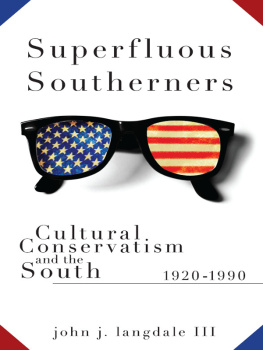


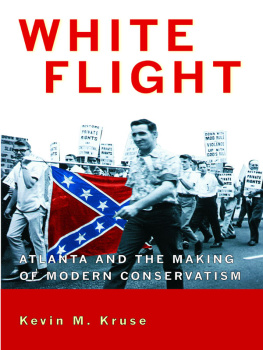
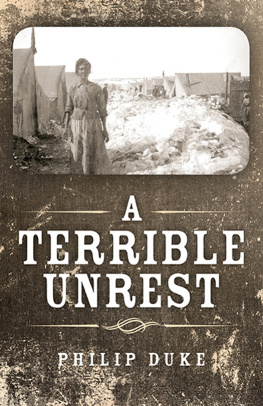

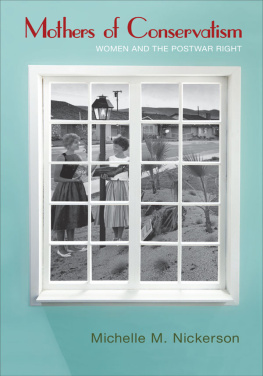
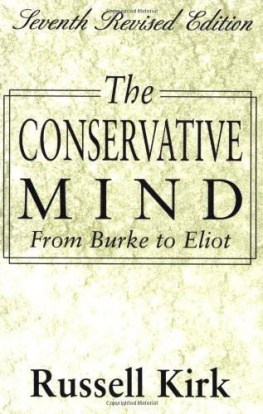

 This paper meets the requirements of the American National Standard for Permanence of Paper for Printed Library Materials, Z39.48, 1984.
This paper meets the requirements of the American National Standard for Permanence of Paper for Printed Library Materials, Z39.48, 1984.